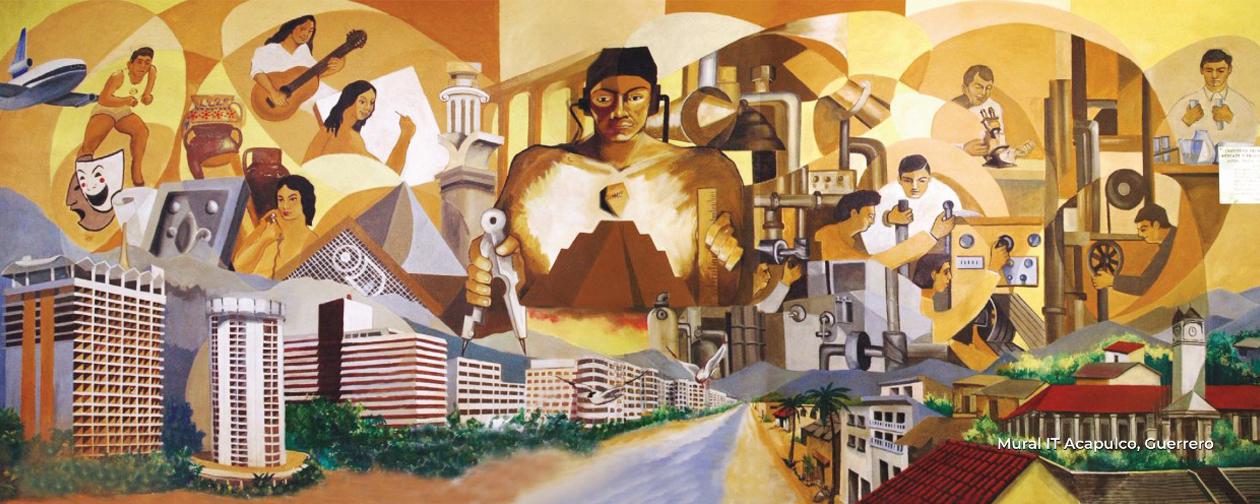
Por favor, use este identificador para citar o enlazar este ítem:
https://rinacional.tecnm.mx/jspui/handle/TecNM/4758| Título : | Diagnóstico y Control Tolerante a Fallas en Vehículos Aéreos No-Tripulados |
| Autor : | Falcón Prado, Romeo |
| metadata.dc.subject.other: | Vehículos Aéreos |
| Fecha de publicación : | 2022-08-01 |
| Editorial : | Tecnológico Nacional de México |
| metadata.dc.publisher.tecnm: | Instituto Tecnológico de La Laguna |
| Descripción : | This thesis presents the design of fault diagnosis and fault–tolerant control methods for the trajectory tracking problem in quad–rotors. The problem considers external disturbances, and two different actuator faulty scenarios: multiple losses of rotor effectiveness or a complete rotor failure. To deal with the fault–tolerant problem, the design of robust flight controllers is required in order to counteract the effect of external disturbances affecting the quad–rotor. For this purpose, Continuous Sliding-Mode Control strategies and an Attractive Ellipsoid–Based robust control method are designed to deal with the effect of external disturbances achieving the trajectory tracking. For the fault diagnosis strategy a finite–time sliding–mode observer is proposed to estimate the whole system state and provide a set of residuals. These residuals allow us to detect, isolate and identify multiple actuator faults despite the presence of uniformly bounded and Lipschitz disturbances. Using the proposed fault diagnosis, an actuator fault accommodation controller is developed to solve the trajectory tracking problem in quad–rotors under the effects of multiple losses of rotor effectiveness and external disturbances. The fault accommodation partially compensates the actuator faults allowing the use of a baseline robust–nominal controller that deals with external disturbances. Additionally, in order to deal with the rotor failure scenario, an active fault–tolerant control is proposed. First, the rotor failure is isolated using the proposed fault diagnosis, and then, a combination of a finite–time sliding–mode observer, PID controllers, and continuous high–order sliding–modes controllers is proposed. Such a strategy allows the yaw angular velocity to remain bounded and the position tracking to be achieved even in the presence of some external disturbances. Numerical simulations and experimental results on the Quanser’s QBall2 show the performance of the proposed strategies. |
| metadata.dc.type: | info:eu-repo/semantics/doctoralThesis |
| Aparece en las colecciones: | Doctorado en Ciencias en Ingeniería Eléctrica |
Ficheros en este ítem:
| Fichero | Descripción | Tamaño | Formato | |
|---|---|---|---|---|
| Tesis_Romeo Falcón Prado.pdf | TESIS DOCTORADO | 25.41 MB | Adobe PDF | Visualizar/Abrir |
| CARTA DE CESIÓN DE DERECHOS ROMEO FALCÓN PRADO.pdf Until 9999-06-05 | CARTA DE CESIÓN DE DERECHOS | 198.8 kB | Adobe PDF | Visualizar/Abrir Request a copy |
Este ítem está protegido por copyright original |
Este ítem está sujeto a una licencia Creative Commons Licencia Creative Commons





